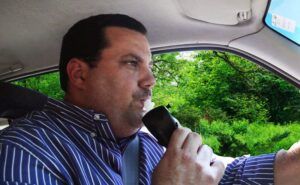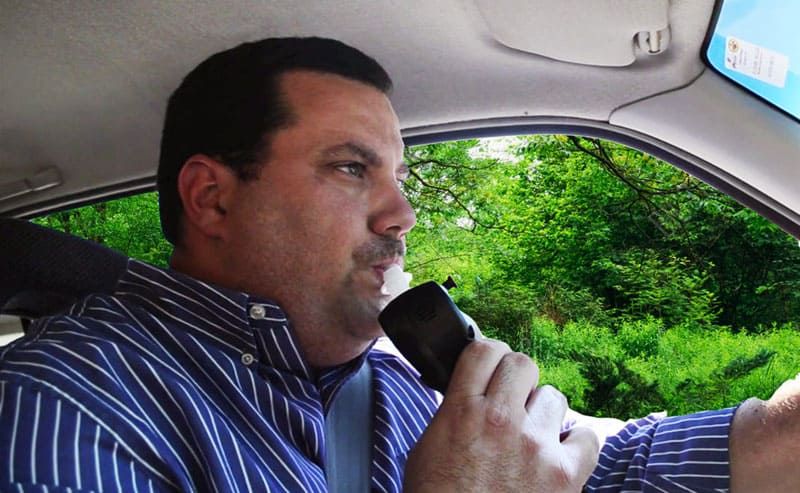 It’s been apparent to every state that’s worked diligently to pass an all offender ignition interlock law, and now a study by the American Journal of Preventative Medicine has confirmed it: ignition interlocks reduce the number of drunk driving crashes in states that use them.
It’s been apparent to every state that’s worked diligently to pass an all offender ignition interlock law, and now a study by the American Journal of Preventative Medicine has confirmed it: ignition interlocks reduce the number of drunk driving crashes in states that use them.
Emma McGinty, an assistant professor in the Center for Injury Research and Policy at the Johns Hopkins Bloomberg School of Public Health and Colorado School of Public Health, led the study that looked at long term data on drunk driving crashes. Looking at a period of thirty two years, from 1982 to 2013, the researchers searched for fluctuations in drunk driving crashes for before and after the ignition interlock law passed.
What they came up with was actual evidence that ignition interlock laws work to stop drunk driving crashes. A few highlights from the data include:
Mandatory ignition interlock laws work better
The researchers found that mandatory ignition interlock laws resulted in a seven percent decrease in drunk driving crashes. If you look at it another way, they discovered that 1,250 fatal crashes were prevented, potentially saving over a thousand lives, because of a mandatory ignition interlock.
Blood alcohol concentration matters
The seven percent decrease was based on the driver having a blood alcohol concentration (BAC) of greater than or equal to the legal limit of .08. They also looked at drunk driving crashes caused by drivers with a BAC over 0.15 and found that ignition interlock use resulted in an eight percent drop in these crashes.
Mandatory ignition interlock laws more effective than partial laws
Partial ignition interlock laws, where the interlock is not mandatory for all offenders or is requested by the judge, only resulted in a two percent decrease in drunk driving crashes.
Researchers believe that there will be 400,000 ignition interlocks in use by the end of 2017, and that means there’s going to be a lot of convicted drunk drivers on the roads who are required to blow into an interlock before they start the car.
It’s hard to argue with actual evidence that ignition interlocks work, and hopefully this study is what was needed to kick off a year where all fifty states get on board and pass all offender ignition interlock laws.
